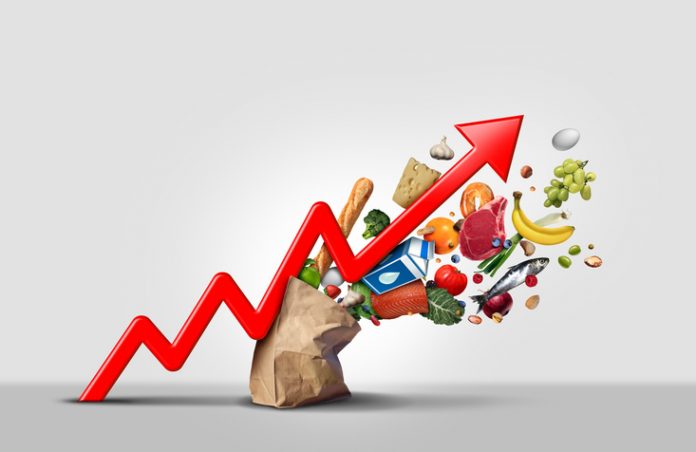(The Center Square) – More Americans are citing economic hardship from the spike in prices in recent years, according to a new survey.
Prices have risen about 18% since President Joe Biden took office.
Gallup released the survey data from January, which showed that 63% of those surveyed either said it was a moderate or severe hardship to maintain their current standard of living.
That is up significantly from November of 2021, during Biden’s first year in office, when only 45% said the same. The figure in question has steadily increased since then, surpassing 60% around the start of 2023.
Gallup’s Economic Confidence Indicator has increased in the last two months, but is still lower than when Biden took office.
Poorer Americans report feeling the pain of inflation at even higher levels.
“Those in lower-income households (76%) are more likely than those in middle-income households (64%) and higher-income households (54%) to say price increases are causing them hardship,” Gallup said. “However, income differences are even more pronounced when looking just at those saying the impact is severe.
“Lower-income Americans (30%) are three times as likely as high-income adults (10%) and almost twice as likely as middle-income adults (16%) to characterize high prices as a severe hardship.”
The survey data shows that while inflation has largely slowed in recent months, Americans still feel the pain of the spike in prices, which have not returned to their previous levels or even decreased at all.
Gallup’s poll comes on the heels of The Center Square Voter’s Voice poll released this month, which found that both Democrats and Republicans see ongoing inflation as the top concern.
While only 32% of Democrats named inflation as the top concern, less than the 45% of Republicans, Democrats still cited it as their number one concern.
In close second for Democrats was abortion access, while Republicans’ second top concern is the border, according to the poll.
Originally published by The Center Square. Republished with permission.
For more from Budget & Tax News.
For more public policy from The Heartland Institute.











